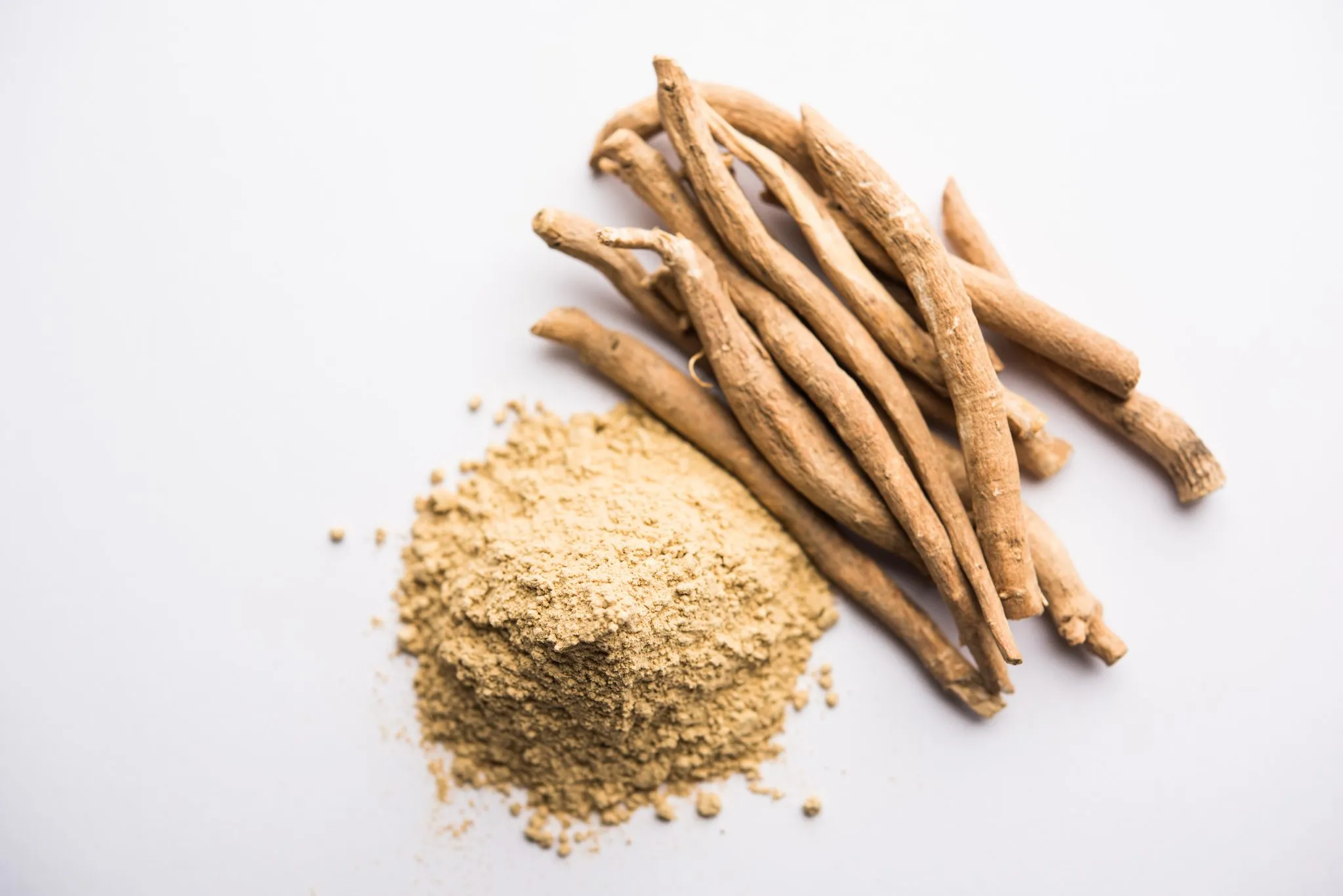
What is Ashwagandha and How is it Used?
In the realm of natural remedies and holistic health, Ashwagandha has emerged as a prominent and intriguing herb. But what exactly is Ashwagandha, and how is it utilized for various health benefits? Let's embark on a detailed exploration to uncover the mysteries and potential of this remarkable plant.
Defining Ashwagandha
Ashwagandha, scientifically known as Withania somnifera, is an ancient medicinal herb that has been a staple in Ayurvedic medicine for centuries. It is often referred to as the "Indian ginseng" due to its adaptogenic properties, which means it helps the body adapt to stress and maintain balance.
This small shrub is native to the dry regions of India, Pakistan, and Sri Lanka. The roots and berries of the Ashwagandha plant are the parts commonly used for medicinal purposes.
The Chemical Composition and Active Compounds
Ashwagandha contains a variety of bioactive compounds that contribute to its therapeutic effects. These include withanolides, saponins, alkaloids, and flavonoids. The withanolides, in particular, are believed to be responsible for many of the herb's beneficial properties.
**The Adaptogenic Properties of Ashwagandha**
One of the key characteristics of Ashwagandha is its adaptogenic nature. Stress is an inevitable part of modern life, and prolonged or excessive stress can lead to various health issues such as anxiety, depression, sleep disturbances, and weakened immune function. Ashwagandha works by modulating the body's response to stress, helping to normalize physiological functions and restore balance.
It does this by regulating the hypothalamic-pituitary-adrenal (HPA) axis, which is the body's stress response system. By influencing the production and release of hormones like cortisol, Ashwagandha can reduce the negative effects of chronic stress and enhance the body's resilience.
Ashwagandha and Its Impact on Physical Health
Beyond its role in stress management, Ashwagandha has several positive effects on physical health. Studies have shown that it may improve muscle strength and endurance, making it popular among athletes and fitness enthusiasts. It is also thought to have anti-inflammatory properties, which can be beneficial for conditions such as arthritis and other inflammatory disorders.
Furthermore, Ashwagandha may support cardiovascular health by regulating blood pressure and cholesterol levels. It has been investigated for its potential in improving insulin sensitivity, which is crucial in the prevention and management of type 2 diabetes.
Ashwagandha and Mental Health
In the realm of mental health, Ashwagandha has shown promising results. It is often used to alleviate symptoms of anxiety and depression. Research suggests that it can help regulate neurotransmitters such as serotonin and GABA, which are involved in mood regulation. This can lead to a more stable and positive mood, reduced anxiety levels, and improved overall mental well-being.
Sleep quality is another area where Ashwagandha can make a difference. By reducing stress and promoting relaxation, it can help individuals fall asleep faster, stay asleep longer, and wake up feeling refreshed.
How Ashwagandha is Used
Ashwagandha is available in various forms, including powders, capsules, tinctures, and teas. The dosage and form of consumption can vary depending on individual needs and health goals. It's important to follow the recommended dosage provided by a healthcare professional or based on the product label.
In traditional Ayurvedic practices, Ashwagandha is often combined with other herbs and ingredients to create customized formulations for specific health concerns. However, in modern usage, it is commonly taken as a standalone supplement.
Precautions and Considerations
While Ashwagandha is generally considered safe for most people, there are some precautions to keep in mind. Pregnant and breastfeeding women should avoid using it, as there is limited research on its effects during these periods. People with certain medical conditions, such as thyroid disorders or autoimmune diseases, should consult their doctor before incorporating Ashwagandha into their routine.
Interactions with medications are also a possibility. For example, Ashwagandha may interact with sedatives, blood thinners, and thyroid medications. It's crucial to inform your healthcare provider about all the supplements and medications you are taking.
Conclusion
Ashwagandha is a remarkable herb with a rich history and a wide range of potential health benefits. From its adaptogenic properties that help the body cope with stress to its positive effects on physical and mental well-being, it has captured the attention of both traditional medicine practitioners and modern researchers. However, as with any supplement or natural remedy, it should be used with knowledge and caution. Always seek the advice of a qualified healthcare provider to determine if Ashwagandha is right for you and to ensure its safe and effective use in your health journey.





